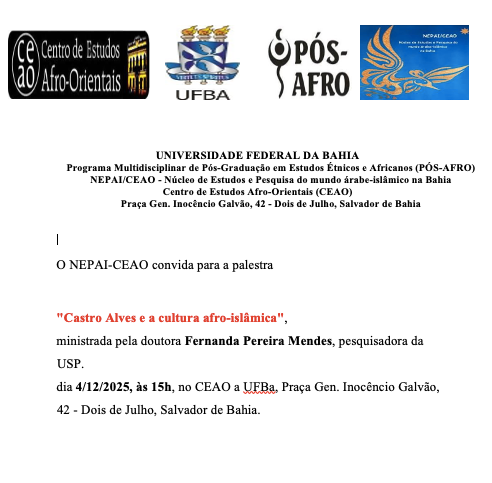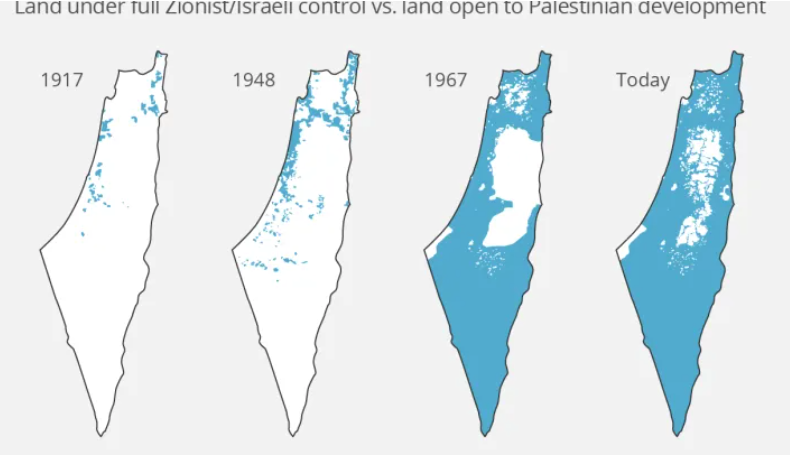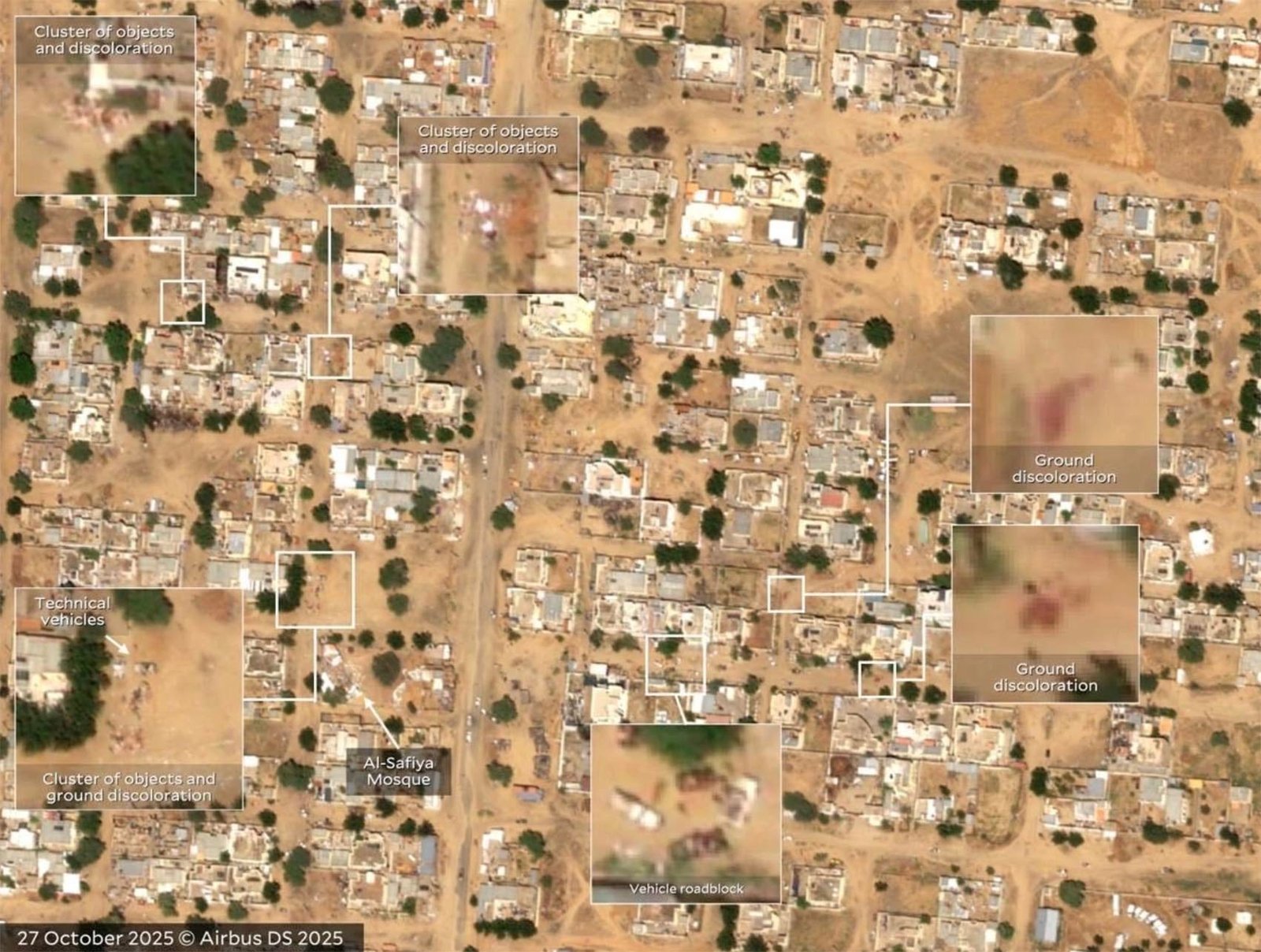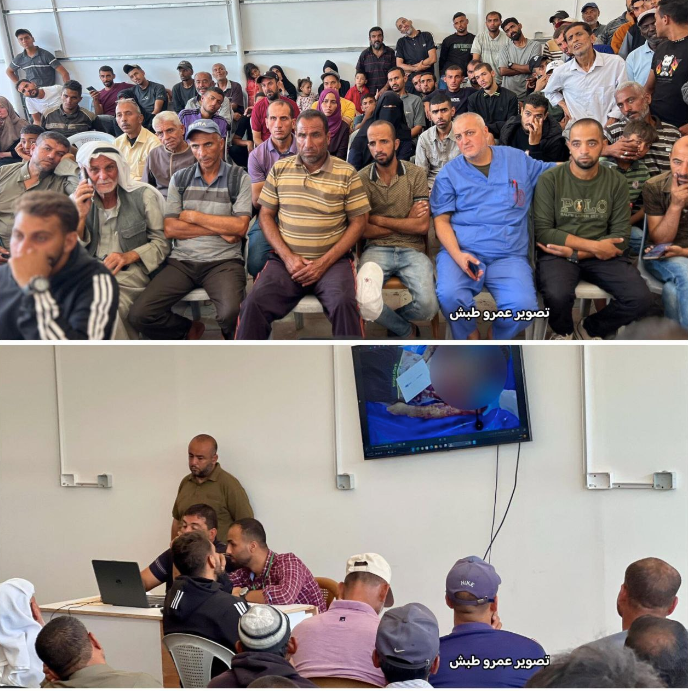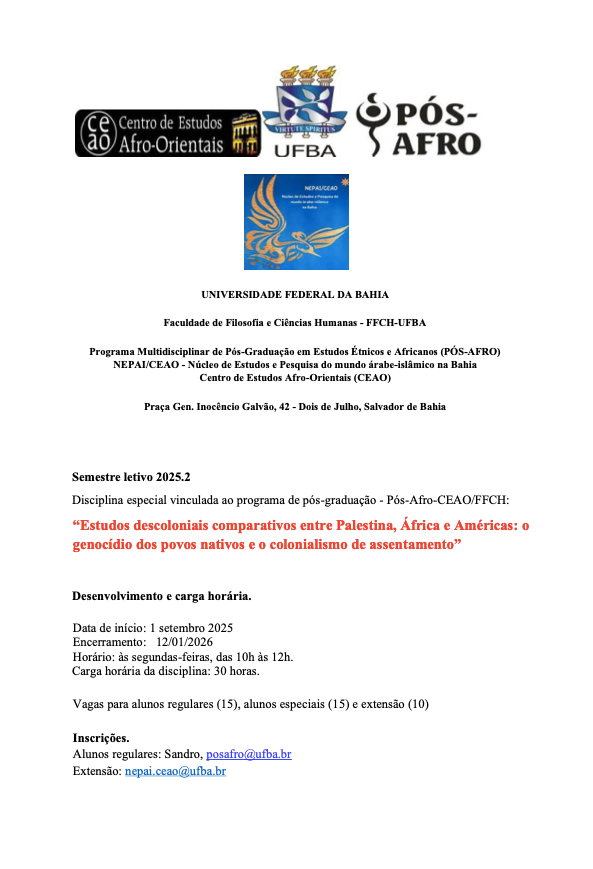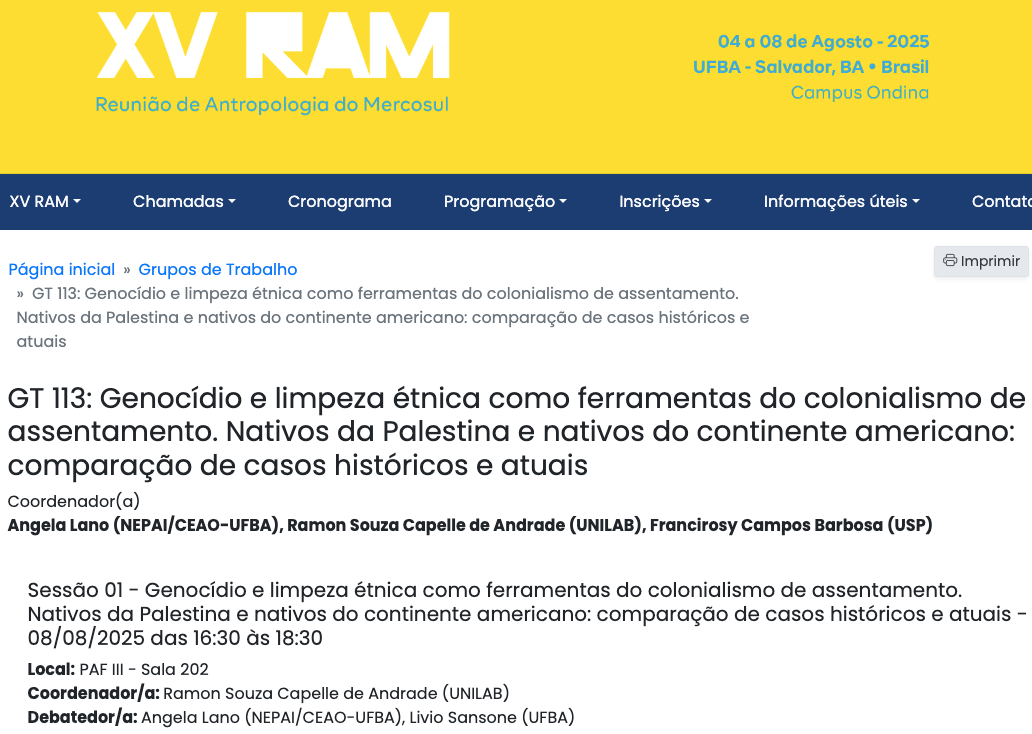
Por Fabio Marcelli (*). ICC and Israeli Accountability: Potential European Responses.
Introduction.
The European Union’s stance on the alleged genocide in Palestine and other serious crimes committed by Israel remains highly unsatisfactory. In practice, sanctions have only been imposed on certain extremists associated with the settler movement. Even the position of the Prosecutor at the International Criminal Court (ICC), Karim A. A. Khan, appears to be more advanced. On May 20, 2024, Khan requested the ICC to issue arrest warrants against three Hamas leaders—two of whom have since been killed by Israel—as well as Israeli Prime Minister Benjamin Netanyahu and Defense Minister Yoav Gallant. The ICC has yet to decide on these arrest warrants, but once it does, all signatory states to the Rome Statute, including EU members, are legally obliged to arrest Netanyahu and Gallant if they enter their territory. Failure to do so would constitute a breach of their obligations under international law. However, the European Union should not wait for the ICC’s ruling. Individual sanctions should be imposed on Israeli political and military leaders based not only on the ICC Prosecutor’s request but also on significant decisions by the International Court of Justice (ICJ), such as the Orders in the South Africa v. Israel case and the Advisory Opinion of July 19, 2024. These decisions recognize Israel’s responsibility for the ongoing genocidal offensive and serious violations of international law in the Occupied Palestinian Territory, including East Jerusalem. Particular attention should be given to paragraphs 273 to 279 of the 2024 Opinion, even though these sections do not directly address the prosecution of crimes.
Legal Framework for EU Sanctions.
The European Union’s obligation to adopt sanctions against those responsible for crimes stems from several foundational provisions in its treaties. Article 3(5) of the Treaty on the European Union (TEU) mandates that the EU promote peace, security, and the protection of human rights while supporting the observance of international law. Similarly, Article 21(1) of the TEU directs the EU’s external actions to uphold democracy, the rule of law, and respect for human dignity and human rights, all of which are undermined by Israel’s actions in Palestine. In addition, several EU member states have implemented forms of universal jurisdiction, allowing them to prosecute individuals responsible for international crimes like genocide and war crimes, regardless of where they were committed. Countries such as Belgium and Spain have previously used universal jurisdiction to prosecute serious international crimes, and this legal tool could be applied to hold Israeli officials accountable. Although Italy does not have such a legal framework, these cases illustrate how EU member states could take legal action against Israeli officials under their existing laws.
International Legal Obligations.
The key international legal instrument applicable here is the Convention on the Prevention and Punishment of the Crime of Genocide (1948). Article 1 of the Convention obligates all parties to prevent and punish acts of genocide, whether committed in times of peace or war. Articles IV and V emphasize that those responsible for genocide—including state leaders—must be punished, and states are required to enact legislation to ensure that such crimes are prosecuted. Beyond the Genocide Convention, the principle of state responsibility under international law, as outlined in Article 16 of the Articles on Responsibility of States for Internationally Wrongful Acts (ARSIWA), prohibits states from aiding or assisting in the commission of wrongful acts, including genocide. Therefore, EU states must ensure that their actions, such as trade or military cooperation, do not indirectly facilitate Israeli war crimes or crimes against humanity.
Italian Government’s Complicity in the Palestinian Genocide: weapons.
In line with these international obligations, a complaint has been filed against the Italian government for its complicity in the Palestinian genocide. This complicity arises from Italy’s continued arms exports to Israel, despite official denials by the relevant ministers. These arms exports violate multiple layers of national and international law. At the national level, Law 185 of 1990 prohibits arms exports to countries involved in conflicts that violate the Italian Constitution’s principle of rejecting war (Article 11). Additionally, it bans arms sales to governments responsible for serious human rights violations, as confirmed by bodies such as the United Nations, European Union, or the Council of Europe. By continuing to export arms to Israel, Italy contravenes this legal prohibition. At the European level, the European Council Common Position 2008/944/CFSP establishes strict rules for arms exports. Article 2(2)(c) of this position mandates that EU member states deny an export license if there is a clear risk that the military equipment could be used in serious violations of international humanitarian law. Italy’s arms exports to Israel, given the documented use of such arms in the Occupied Palestinian Territory, violate this provision. At the international level, Italy’s arms exports also contravene the Arms Trade Treaty (2013), which Italy ratified in 2014. Article 6(3) of this treaty forbids the transfer of conventional weapons if the exporting state knows that these arms could be used to commit genocide, crimes against humanity, or other serious violations of international law. The continued export of arms to Israel, given the ongoing conflict and accusations of genocide, is a clear violation of this treaty.
Other Forms of Complicity.
In addition to arms exports, other forms of complicity include Italy’s cooperation with Israel in scientific and technological research that could have military applications, as well as economic partnerships to exploit natural resources like oil or gas fields. Furthermore, allowing individuals with dual nationality to participate in military operations with possible genocidal characteristics further implicates the Italian government in Israel’s alleged crimes.
Conclusion.
Based on the facts and legal obligations outlined, it is clear that there is significant legal responsibility incumbent on both the Israeli and Italian governments, as well as on other governments aiding and abetting the genocide. Israel bears primary responsibility for the alleged genocide in Palestine, while Italy’s complicity in the conflict, particularly through arms exports, stands in flagrant violation of its obligations under international law, including the Convention on the Prevention and Punishment of the Crime of Genocide and the Arms Trade Treaty. Immediate action, such as sanctions and legal accountability through the ICC and EU mechanisms, is necessary to address these violations and ensure justice for the Palestinian people.
Brussels, October 14, 2024 (*) Fabio Marcelli, jurista italiano e acadêmico, co-presidente do “Centro de Pesquisa e Elaboração sobre Democracia, Itália”. https://www.isgi.cnr.it/people-ita/fabio-marcelli/


